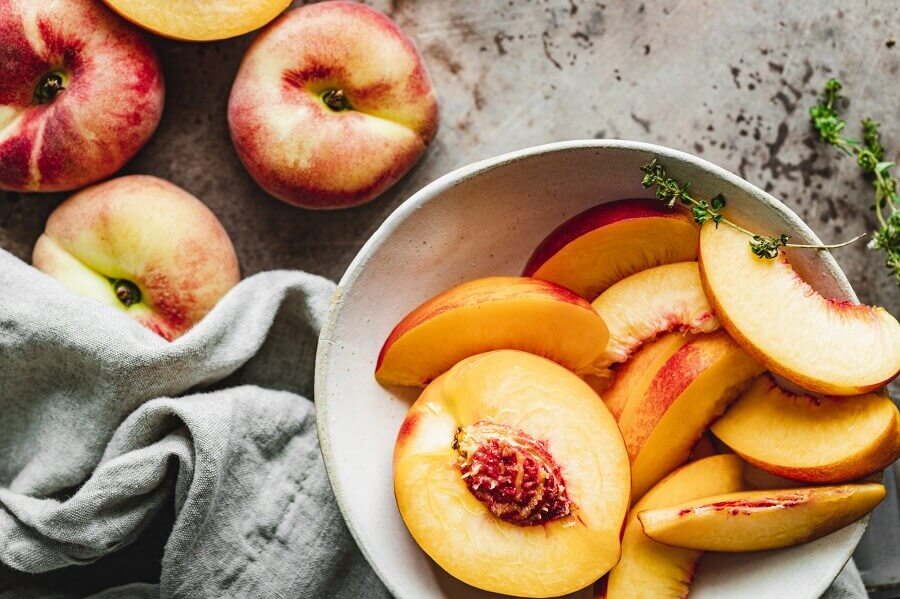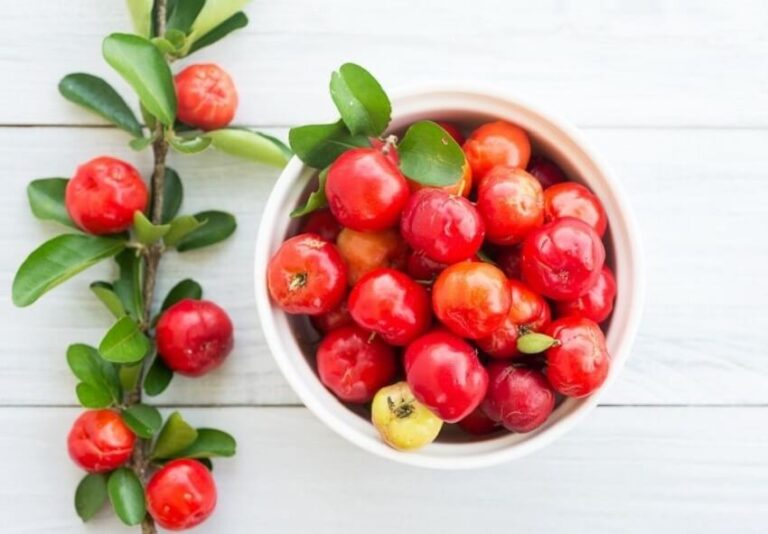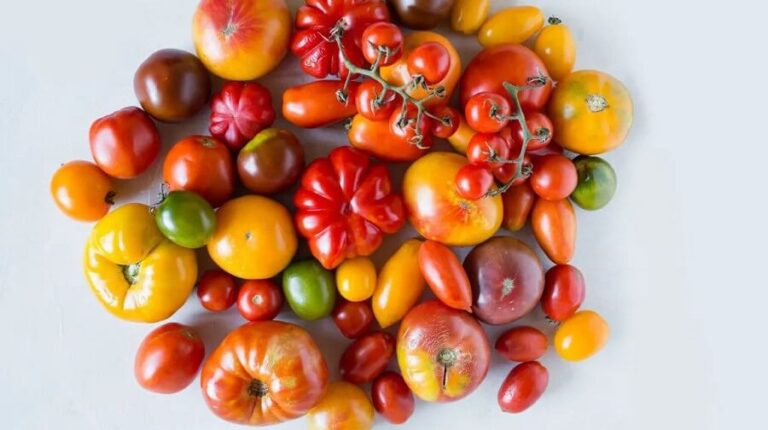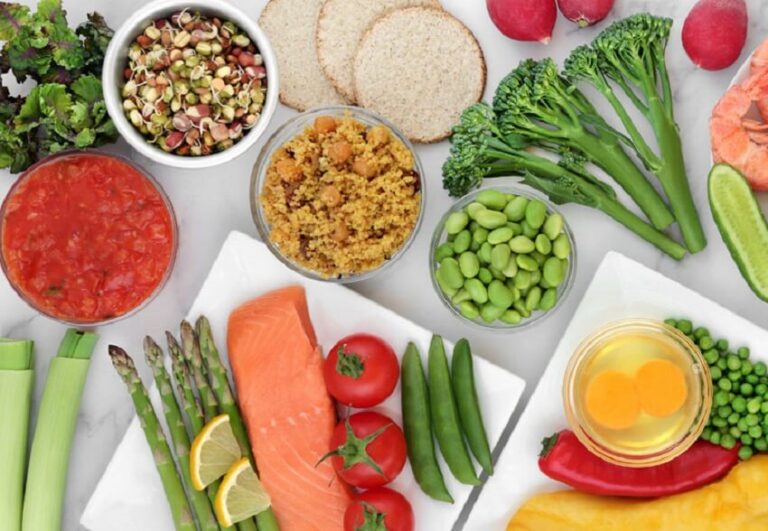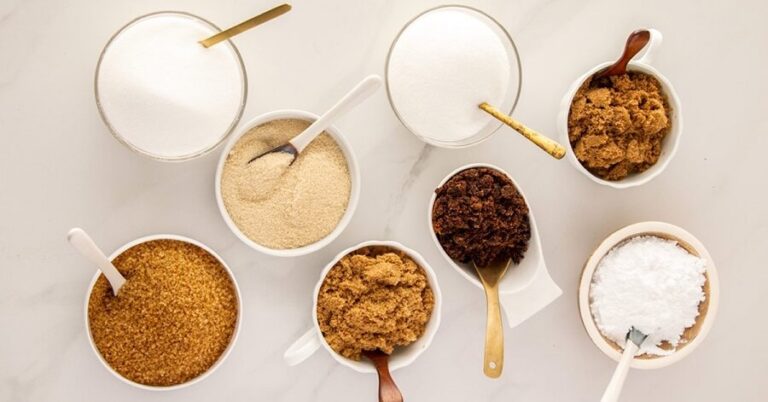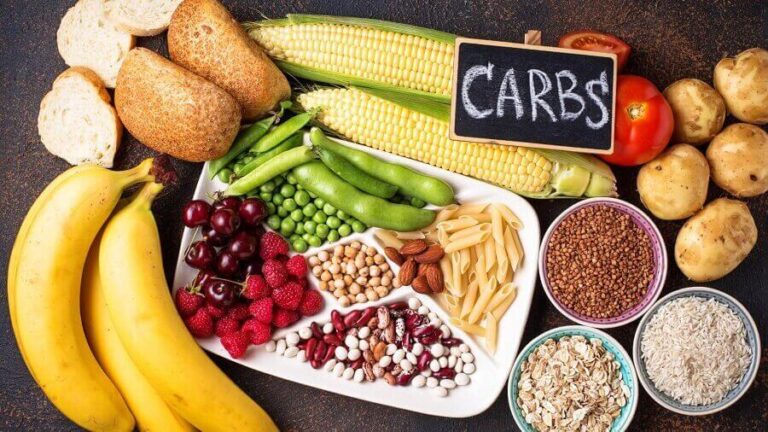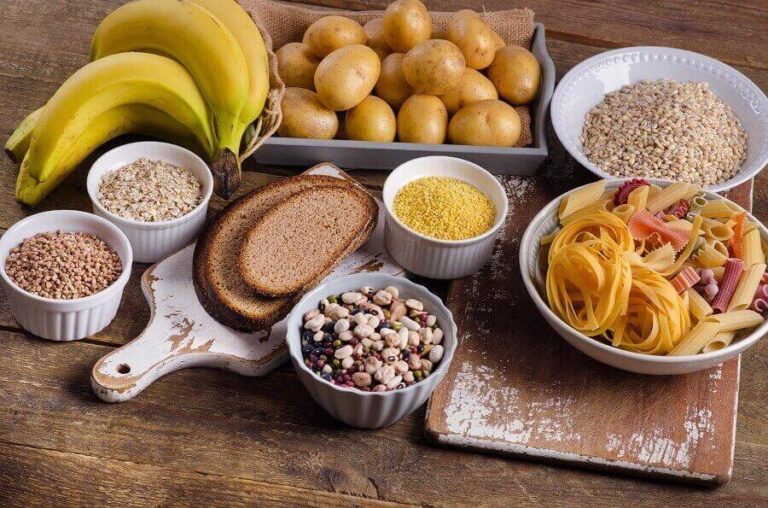Fructose is one of the most confusing types of sugar. Although fruits can be considered a good sugar, in isolation, they can cause adverse effects on the body.
Natural fructose foods such as fruits are beneficial for the body. Since in addition to containing fructose, they are accompanied by vegetable fiber and essential nutrients such as vitamins.
Synthetic fructose products such as fructose syrup, molasses, and refined sugars can cause chronic diseases like diabetes, obesity, and other metabolic disorders.
Read on to find out what fructose is and its effects on the body.
Fructose: What is it?
Fructose is a sugar present in natural foods such as fruits, vegetable juices, and honey. In these forms, fructose can be part of a healthy diet.
However, in its isolated form, it can harm the body. Fructose is one of the main ingredients in the syrup used to sweeten soda and candy.
The effects of fructose on human health are still controversial. Most studies believe that an excess of this molecule can cause negative effects on the body. (1,2,3)
According to research, consuming fructose in moderate amounts is considered safe. However, there is enough evidence to affirm that an excess of this type of sugar can cause diabetes, overweight, and obesity. (4)
Fructose Foods What are they?
Fructose is a sugar in natural foods such as fruits, vegetables, and honey. Of the raw sugar substitutes, it is one of the sweetest. Its sweetening power is more significant than other types of sugar, including white sugar. Foods with the highest fructose content are:
- Fruits
- Fruit juices
- White sugar
- Coconut, muscabo, brown sugar
- Honey
- Agave syrup
- Fruit juice
- Sweet
- Refreshments
- Foods with high fructose syrup
- Dried fruits
- Molasses
Some vegetables contain fructose in lesser amounts. These are:
- artichokes
- leeks
- onions
- asparagus
Table sugar is made up of 50% glucose and 50% fructose. Many people forget that honey and industrial foods are often high in fructose in syrup form. Avoiding excess sugar is a basic rule of thumb for people with diabetes.
High fructose syrup contains up to 60% of this type of sugar and the rest of glucose. It is very similar in its composition to other kinds of sugar.
RELATED:
- Carbohydrates – What are they?
- Carbohydrates – Definition and Classification
- Fruits for type 2 diabetics
Is fructose bad? – Effects on the body
The fructose in foods such as fresh fruits and vegetables has positive effects on health. Processed forms like high fructose syrup and all foods that contain it can have adverse health effects. The impact on the body of excess fructose is:
- Leptin resistance
An excess of fructose can increase levels of the hunger hormones ghrelin and leptin. This can cause a person to feel less complete after eating. (1.4)
- Sweet food addiction
There is evidence to suggest that fructose can lead to addiction to sweet foods. Glucose activates reward pathways in the brain, leading to increased sugar cravings throughout the day. (2)
- Increased risk of overweight and obesity
Consuming large amounts of fructose is associated with an increased risk of overweight and obesity. When a person consumes it in excess, it can stimulate extra fat deposits in the liver. (4)
- Insulin resistance
People who eat high amounts of fructose syrup have higher levels of insulin resistance. This translates to an increased chance of developing diabetes and heart disease in adults.
- Increase bad cholesterol levels
An excess of foods with fructose can lead to an imbalance of lipids in the blood. It has been shown to raise VLDL cholesterol levels, a type of fat linked to increased heart disease. (4)
Contraindications and side effects
There is enough evidence to say that excess fructose is bad for your health. The effects on the body are similar to other simple carbohydrates.
In moderate amounts, fructose has no side effects on the body. However, it can cause weight gain and carbohydrate metabolism disorders in excess.
Foods that contain high amounts of added fructose are contraindicated for people with diabetes. It is recommended that no more than 10% of total calories come from this energy source. (5)
Studies suggest that sodas sweetened with this type of sugar are also high in calories. This may explain the link between fructose and obesity.
Fructose vs glucose
Both fructose and glucose are simple carbohydrates. In its pure form, its glycemic index is high. In other words, they provide their energy excessively quickly.
The main difference between glucose and fructose is that the body can synthesize glucose in cells. It is the body’s preferred source of carbohydrates for energy.
Fructose can bind with glucose; this gives rise to white table sugar or sucrose.
There is not enough evidence that glucose foods are better than fructose foods. Its effects on the body are similar. In a healthy diet, regulating foods with both types of added sugar is essential.
Eating fresh and natural food must be the basic rule to avoid adverse effects on the body.
ABSTRACT
Fructose is a natural sugar contained in fruits, vegetables, and honey. In its natural forms, it is a good source of energy. Foods that include this type of concentrated sugar cause adverse effects on the body. These are: deregulating the balance of the hormones insulin, leptin, and ghrelin, weight gain, and increasing the risk of diabetes and cardiovascular disease.

